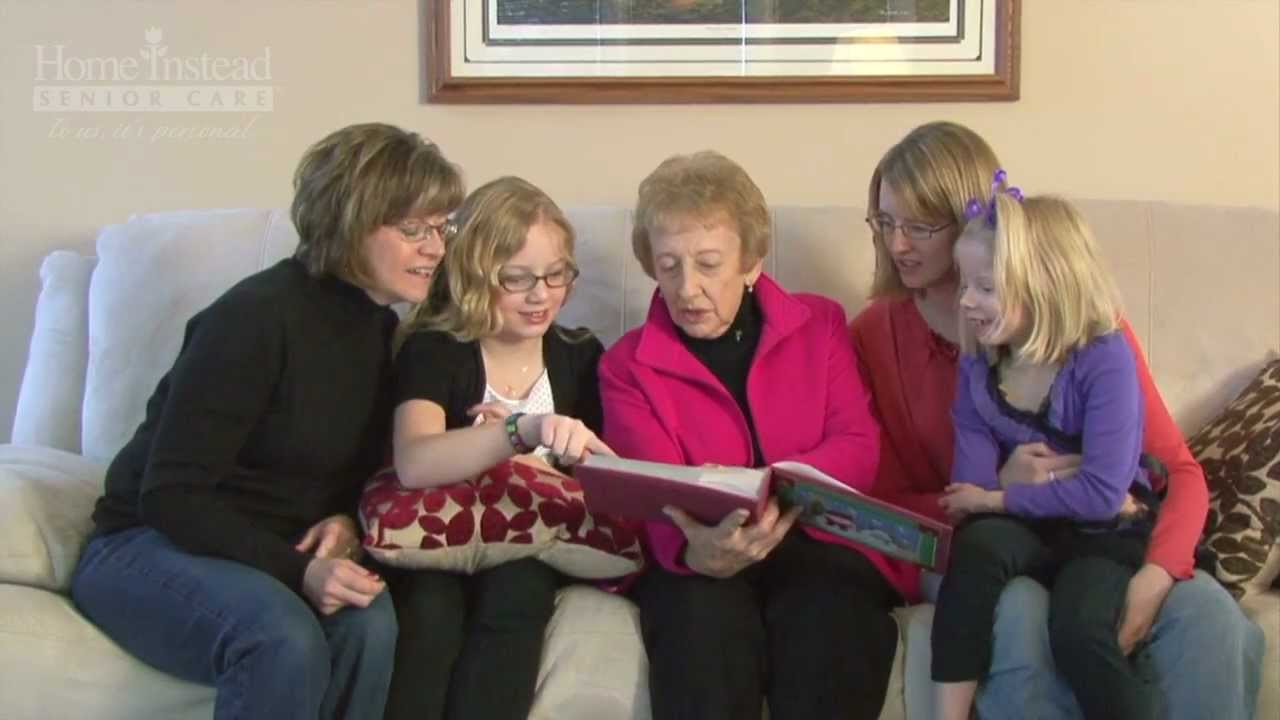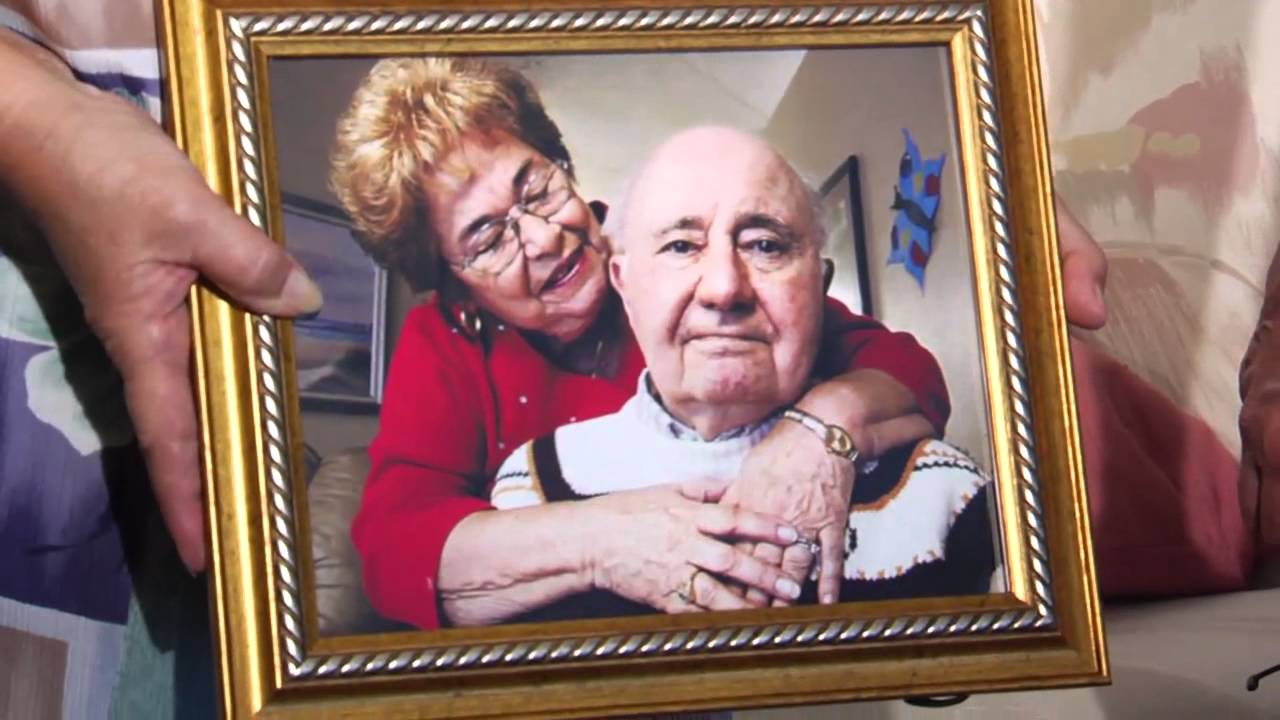The family’s role in the treatment of Alzheimer’s disease can be quite complicated. The family is also affected by the disease, causing rejection, irritability and inability to accept the reality that is coming. Mental illnesses are still seen as a social stigma, so a favorable family environment is essential for the mental health of the patient and for those around him. What must be considered? We will review some recommendations.
Alzheimer’s disease
Alzheimer’s disease is the most common cause of dementia. It is a neurodegenerative disease where the mental faculties progressively deteriorate, causing serious behavior disorders. It is characterized by:
- Memory loss.
- Alterations in language.
- Loss of direction sense.
- Difficulties in planning tasks or solving everyday problems.
This cognitive impairment is usually accompanied by changes in personality and behavior. Further, the ability of the person to be autonomous and carry out the activities of daily life is reduced, so in the more advanced stages of the disease, you will need help and care practically all day.
Unfortunately, there is currently no effective treatment that helps reverse or completely stop the course of the disease, although if there are palliative drug treatments that help decrease the intensity of some symptoms.
As important as drug treatment are the non-drug therapy and family and professional support, based on the stimulation of cognitive abilities and avoiding isolation to improve the mental health of the patient.
What role does the family play in the treatment against Alzheimer’s?

It is almost evident that the family’s role in the management and treatment of Alzheimer’s disease constitutes a fundamental pillar. The attitude that the family maintains towards the patient will directly influence the way in which he assumes his illness.
A loving, serene, proactive and collaborative attitude with the medical and therapeutic team by the family It is vital to serve as a frame of reference for the patient and convey confidence.
Well, how do we achieve this? For this, it will be convenient to establish a routine that allows to organize the daily activities of the patient. In the next space we detail it.
The family environment and Alzheimer’s treatment
The role of the family in the treatment of Alzheimer’s is crucial. Having daily order and following certain guidelines can help us handle the situation. Below we show a series of recommendations:
- Set routines It can be of great help. If the patient has automated actions daily, he can feel more independence. For example, always respecting a dinner and bath time before going to bed.
- Establish direct communication, avoiding very complex phrases, looking at the person’s eyes and keeping calm can help the patient feel more understood.
- Help him and let him participate in the activities. Do not treat him like a small child, since even if it costs him to develop basic skills, you should try to give him his own independence as much as possible.
- Be patient. Do not take bad mistakes or bad words you may have, they are a product of the disease.
- Keep calm and do not argue with the patient, it will not reach any term and only generates frustration.
- Show affection and empathy. Put yourself in his place.
- Help him keep his mind always active, performing exercises that stimulate their cognitive abilities.
However, and although we have all these aspects to take into account, the family “overflows”. It is also essential that the family member who takes care of a person with Alzheimer’s Know and be aware that you must also take care of yourself with the help you need to do so.
Lean on the trustworthy people around you, talk with your friends about how you feel and how a family member’s illness affects you, allowing you your space and free time, are some of the measures you can take. Don’t forget that to take care of someone, you must be healthy.
You may be interested: My grandmother with Alzheimer’s had a lot of fun
Support for Alzheimer’s patients and family members

Both patients and family members need support to meet the challenges of Alzheimer’s disease.
The demand for care for people in situations of dependency has increased considerably in recent years. Factors like him Population aging or changes in the family model determine this trend.
To meet the needs of people in situations of dependency and their families, the System for Autonomy and Care for Dependency (SAAD). This network of services includes the State Reference Center (CRE) of Care for People with Alzheimer’s, and is located in the province of Salamanca (Castilla y León). The State Reference Centers (CRE) for Alzheimer’s offer:
- Help dependent Alzheimer’s patients
- Help families of patients with Alzheimer’s
- They investigate the disease and offer direct care and referral services.
conclusion
So what role does the family play in the treatment of Alzheimer’s? Remember that being empathetic and thinking about how we would like to be treated can help us handle the situation.
However, it’s also very important that you stay afloat, to be the support of your family member it is vital to enjoy mental and physical health. Lean on specialized centers and professional help to improve your quality of life and the quality of life of your family member.
